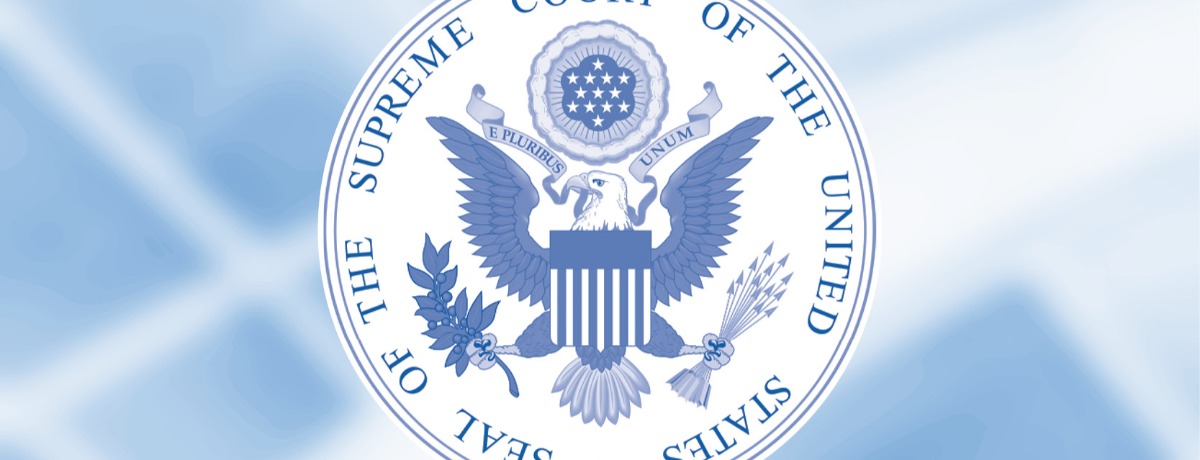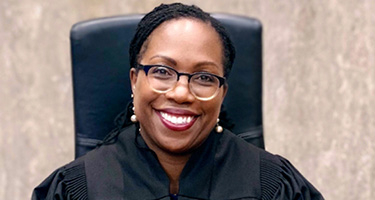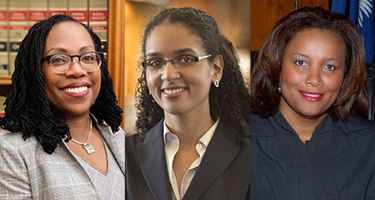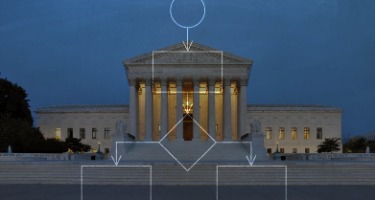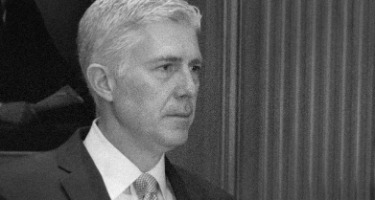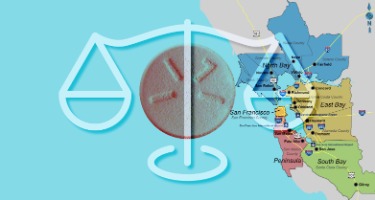The Supreme Court’s 2018 term got underway on October 1, with the media spotlight focused on the naming of a successor to Justice Anthony M. Kennedy. On the docket itself, however, and away from the headlines, are a host of cases with important implications for the business community. In the context of smartphone apps, the Court will consider longstanding doctrines of standing to bring antitrust damages claims. It also will confront a number of questions about arbitration, including significant cases about class arbitration and the relationship between arbitration and the courts. In the area of class-action procedure, the Court will address the way settlement funds can be distributed and the time in which to appeal the class-certification decisions of trial courts. The Justices also will delve into the interstices of securities laws, examining (in the context of a case that newly confirmed Justice Kavanaugh helped adjudicate below) when conduct that falls short of a “misstatement” can nonetheless lead to liability. Thus, in a season in which the Court has drawn attention mostly for its changing composition, the business community may find much to monitor in its decisions. Below are some key cases to keep an eye on.
Antitrust
Karen Hoffman Lent | Partner, Antitrust/Competition; Sports; Complex Litigation and Trials
Tara L. Reinhart | Partner, Antitrust/Competition
Having considered the application of antitrust laws to credit-card networks last year, the Supreme Court now turns to another modern technology. In Apple v. Pepper, plaintiff iPhone users claim Apple monopolized the market for iPhone app distribution by requiring developers to sell apps only through its App Store and collecting an allegedly supra-competitive 30 percent commission on each app sold. In response, Apple invoked the Illinois Brick doctrine, under which only direct purchasers of a product have standing to bring claims under federal antitrust law. According to Apple, app developers pay the commission; therefore, only they can sue, even if they pass the commission cost on to app purchasers. The Ninth Circuit disagreed, holding that Apple—as the distributor to iPhone users—is the appropriate defendant.
If the Court adopts the Ninth Circuit’s position, the scope of the Illinois Brick doctrine would diminish, leaving some online distribution platforms—and, potentially, other similar forms of distribution—at increased risk of consumer antitrust litigation. Conversely, a favorable decision for Apple would confirm that distribution platforms involving third-party commissions fall within the doctrine.
Arbitration
Lea Haber Kuck | Partner, International Litigation and Arbitration
Gregory A. Litt | Partner, International Litigation and Arbitration
The Supreme Court has a number of arbitration cases on next term’s docket. All stand to make a splash.
- Who gets to hear “gateway” questions of arbitrability: a court or an arbitrator? In Henry Schein, Inc. v. Archer and White Sales, Inc., the Court will consider whether the Federal Arbitration Act (FAA) permits a court to decline to enforce an agreement sending such questions to an arbitrator if the court concludes the claim of arbitrability is “wholly groundless.”
- Class arbitration is still getting attention from the Supreme Court as well. In Lamps Plus, Inc. v. Varela, the Court will consider whether the FAA forecloses a state-law interpretation of an arbitration agreement authorizing class arbitration based solely on general language common to many commercial contracts. The Court’s decision could help lower courts better understand how to apply the Court’s prior class-arbitration decisions.
- The FAA does not apply to “contracts of employment” for some categories of transportation workers. What about independent contractors? And is the applicability of this FAA exemption best treated as a question of arbitrability? In New Prime, Inc. v. Oliveira, the Supreme Court is poised to answer both these questions, with important implications for employment disputes in exempted industries.
Class Actions
John H. Beisner | Partner, Litigation; Mass Torts, Insurance and Consumer Litigation Group
In Frank v. Gaos, the Supreme Court will address the permissibility of “cy-pres” distributions in class-action settlements. Cy-pres distributions are typically made to non-party organizations in class proceedings where it is not feasible to distribute the entire recovery to class members. In Frank, the parties reached a class settlement of $8.5 million, under which all net proceeds were awarded to third-party organizations selected by the defendant and class counsel. The petitioners argue that class settlements should never be certified under the premise that all recovery would be distributed via cy-pres. The respondents contend that nothing in the history or text of applicable federal rules bars such settlements.
In Neutraceutical Corp. v. Lambert, the Supreme Court will review a Ninth Circuit decision to accept a petition for discretionary review of a class-certification ruling outside of the 14-day period for filing such petitions prescribed by the Federal Rules of Civil Procedure. The Ninth Circuit concluded that it could apply an “equitable exception” to the 14-day rule based on the appellant's counsel's oral statements to the trial court of his intent to seek appellate review. In the Supreme Court, the petitioner argues that the Ninth Circuit lacked the authority to extend the deadline because the 14-day deadline constitutes a “claim-processing rule” that is “mandatory and unalterable.” Respondent argues that the appeal was timely and, in any event, courts are free to craft equitable exceptions to claim-processing rules that are not considered jurisdictional.
SEC/Misstatements
Colleen P. Mahoney | Partner, Securities Enforcement; Government Enforcement and White Collar Crime
Charles F. Walker | Partner, Securities Enforcement; Government Enforcement and White Collar Crime
Andrew M. Lawrence | Partner, Securities Enforcement
In Lorenzo v. SEC, the Commission found a broker-dealer employee violated securities laws, including Rule 10b-5, by emailing misstatements to investors drafted by his boss and sent at his request. Upon review, the D.C. Circuit concluded he did not “make” the misstatements, and thus did not violate Rule 10b-5(b)—but nonetheless violated the other securities-fraud provisions at issue by engaging in a fraudulent scheme. Then-Judge Brett Kavanaugh dissented, arguing for a more limited scheme liability standard.
The primary issue before the Supreme Court is whether conduct not meeting the elements of a misstatement claim can nevertheless be pursued as a fraudulent-scheme claim. The Court may use this case to limit scheme liability claims available to private plaintiffs involving someone not “making” a misstatement. A decision in favor of the Commission, however, could blur the line between primary and secondary liability, with potential implications for Commission enforcement and significant implications for the plaintiffs’ bar. With Justice Kavanaugh now confirmed to the Court, his recusal could result in a 4–4 split among the Justices.
